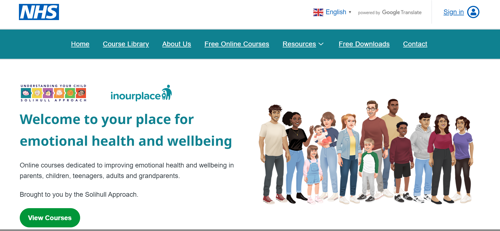The term 'Voice of the Infant' is used to help us understand that babies have their own minds and have things to communicate from birth.
The Scottish Government published guidelines for people who work with babies to support them to notice and share a baby's feelings, ideas and likes and dislikes. Babies tell us through their gaze, body language and vocalisations.
This Infant Pledge below sets out what infants should expect from those around them in Scotland.
‘I am one of Scotland’s youngest citizens. To give me the best start, so that I can thrive throughout my life, I need to be seen as a person with my own feelings and rights. I depend on adults to interpret my cues and communications so that my rights are upheld, and my voice is heard.
My relationships with the people who care for me are important and directly affect how my brain grows and develops, and how I learn to process and regulate my feelings. Safe and secure relationships and consistent care support my wellbeing now and give me better chances and outcomes in later life too.
Professionals and academics in the field of Infant Mental Health alongside organisations championing the rights and welfare of babies and very young children have come together on my behalf to create the following expectations, which they believe would help improve my life chances.
I expect that I will:
1. Be seen as a person with my own feelings and views.
2. Be seen as able to communicate my feelings and views.
3. Be able to trust my important adults to think carefully about my feelings and views and speak them for me.
4. Be supported to have secure relationships with the adults who care for me.
5. Have safe, interesting places to play and learn, and the help I need to do so.
6. Have my views valued by my family, community, and society.
7. Have a say in decisions about what happens to me.
My important adults will:
8. Have support to be healthy, including before I am born.
9. Have the information they need to make good choices for me.
10. Have the support they need to understand and meet my needs and their own.
11. Have help from people with the right knowledge and skills.
It is everyone's responsibility to:
12. Consider me and my perspective at all levels of decision making.
If you would like to see a full copy of the guidelines click on the link below
![]() Voice of the Infant: best practice guidelines and infant pledge
Voice of the Infant: best practice guidelines and infant pledge







